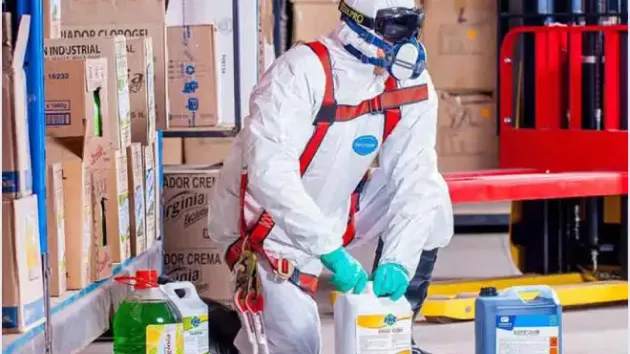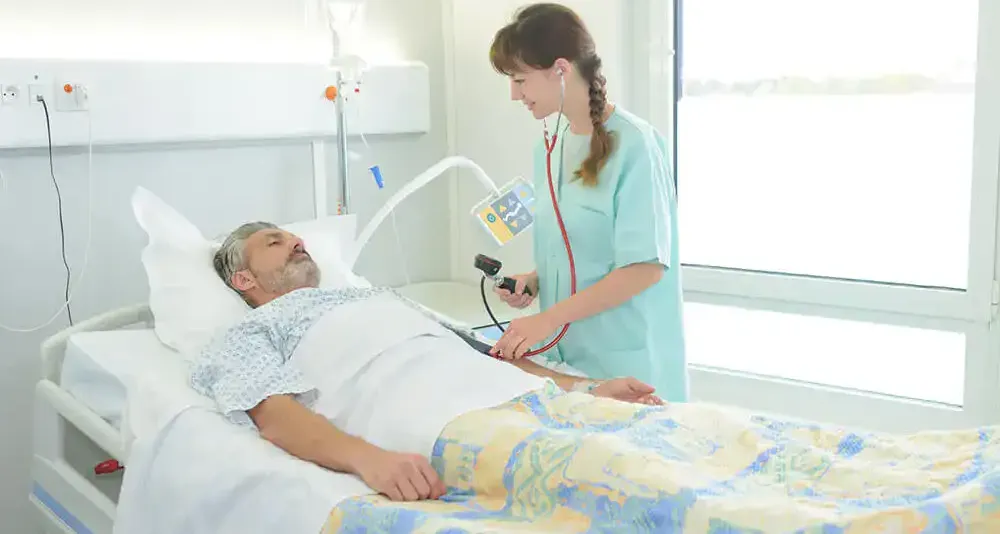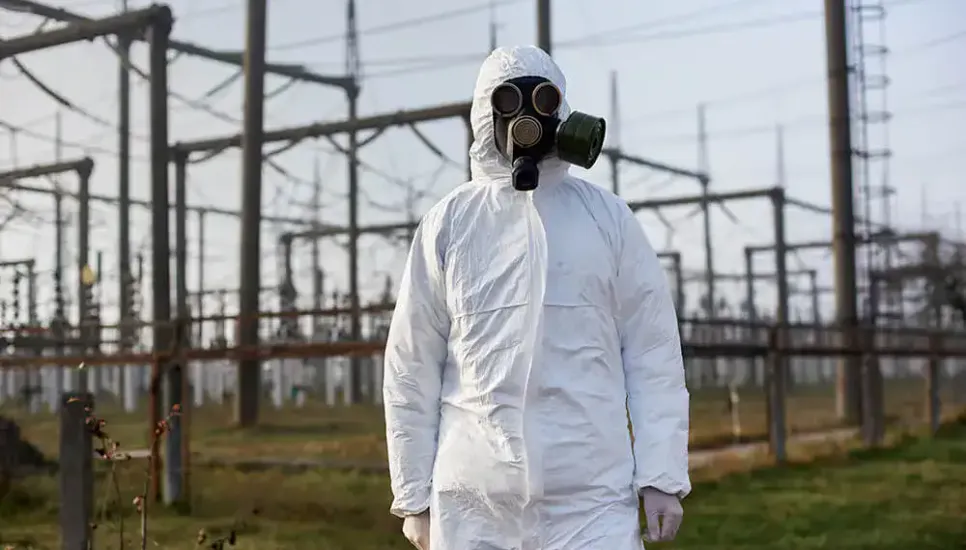Introduction
The wellbeing of nurses is important not just for the employees themselves, but also for the patients in their care. A well-rested and healthy nurse is able to provide apt advice, empathic patient care, and better monitoring, yet in order to maintain his or her safety, the nurse must first become familiar with the dangers commonly associated with this line of work. Rigorous safety training can serve an informative and preventive purpose in this case.Potential Hazards
Some of the common risks of nursing include:
Exposure to Infectious Diseases.
Due to the fact that they work predominantly in the proximity of patients, nurses can be exposed to a wide range of infectious and contagious diseases. These include diseases that may be transmitted through the air (such as tuberculosis), blood-borne diseases (such as hepatitis B and C, as well as AIDS), and diseases that are transmitted through hand-to-hand contact (such as Clostridium difficile). Needlestick injuries that lead to illness are some of the most commonly reported accidents among nurses.Exposure to Dangerous Chemicals and Radiation.
While working in a hospital, nurses may become exposed to dangerous chemicals used in janitorial cleaning or for disinfection and sterilization. Formaldehyde, which is an ubiquitous substance in healthcare centers and pathology laboratories, is a known carcinogen. Volatile organic compounds (or VOC) used in artificial fragrances are equally dangerous. Furthermore, nurses may be required to handle chemotherapy drugs and a variety of other pharmaceuticals, including opioids. When working in radiology departments or ERs, nurses may also be exposed to radiation (either X-rays, or radioisotopes).Assault.
More assaults on nurses are reported each year than on any other healthcare worker. Especially in the case of nurses who work in ERs and psychiatric units, verbal threats and acts of violence carried out by confused, suffering, or panicked patients are common. Such aggression can lead to physical, as well as emotional, social, and cognitive injury for employees and should be addressed with utmost urgency. While nurses can be trained to better defend themselves, more rigorous protocols that can prevent these incidents from taking place are more likely to have a positive outcome.Musculoskeletal Injuries.
A series of factors – such as extended schedules, increased physical demands, and a fast work pace – can increase the likelihood that a nurse will experience musculoskeletal injuries during his or her career. Employees are particularly likely to suffer from back injuries and pain due to the fact that they often perform tasks that require bending, twisting, heavy lifting, and other manual handling.
Incident Prevention
A number of safety measures and protocols can be implemented in healthcare centers in order to maintain the well-being of nurses. The first step towards incident prevention is, however, the proper training of all personnel. If nurses are not aware of the dangers they face at work, they are more likely to experience accidents and injuries.
Sanitization practices, such as hand washing, for example, are an essential aspect of preventing infections and limiting the employee’s exposure to diseases. Proper techniques can be acquired and implemented so that needlestick injuries are avoided, whereas personal protective equipment such as gloves, goggles, gowns, masks, and other gear should be used to erect a barrier between viruses, fungi, bacteria and the employee.
To avoid musculoskeletal injuries, nurses should be taught safe patient lifting techniques, as well as how to detect the early signs of strain. An appropriate number of employees should work in a center at all times to prevent frequent long shifts and overexertion. When critical events take place, nurses should be given the opportunity to debrief superiors so as to reduce the impact from stress.
Recommended Safety Courses



What You Can Do to Stay Safe
As a nurse, you have the right to be informed with regard to the most common risks associated with your line of work. Furthermore, your employer is required by law to provide access to all the necessary safety courses for you and your colleagues. As you undergo training, you will learn a series of techniques and measures that you can then implement in your daily routine to maintain your safety.
For a complete list of safety courses best suited for nursing, please visit our Pharmaceuticals and Healthcare industry page and navigate to your specific job.



